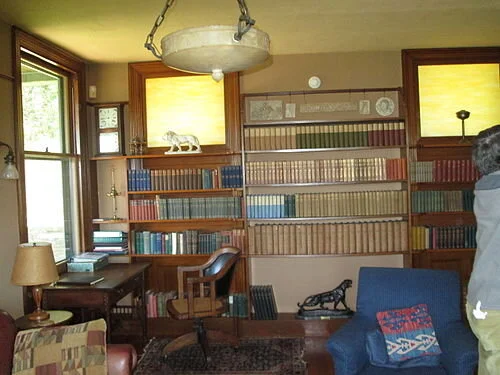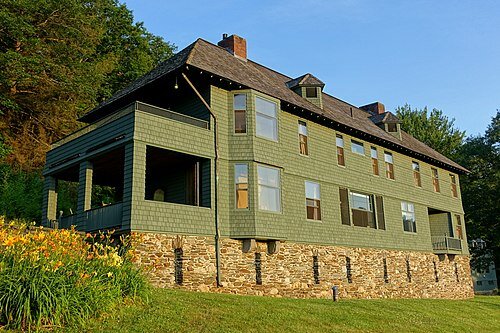When you get fed up with all the greed and narcissism that seems to rule our country, a good way to restore your faith in humankind is to reflect on the generosity of people like Ron Read — a philanthropist from Dummerston, Vt.
Read was no splashy, self-celebrating, David Koch-Michael Dell-Richard DeVos type. He’s not the kind of guy whose “altruism” depends on how prominently his name gets displayed on the facilities he endows.
In fact, no one in Dummerston had a clue that Ronald James Read was a man of wealth, much less a benefactor, until he died at age 92.
Known around town as Ron, he was a quiet, hard-working, and well-liked fellow who spent 25 years as a gas- station employee, then 17 more as a janitor at the local JCPenney store.
He drove a second-hand cars, gathered downed limbs for firewood, held his well-worn coat together with safety pins, and hated seeing anything go to waste.
Some knew that Read enjoyed collecting stamps, and that he often checked out books from the local library. It was only after his death, however, that the town learned about another little hobby he enjoyed: picking stocks and making small investments.
Turns out, he was very, very good at it.
This February, local folks were astonished and delighted to learn that their modest neighbor had bequeathed $1.2 million to their library — the largest gift in its 129 years, doubling its endowment. He also gave $4.8 million to Brattleboro Memorial Hospital, the region's major hospital, the largest bequest it ever received.
He didn’t even wait around for a public thank you, much less demand that he get tax writeoffs and have his name engraved on the library façade. Ron Read was an exemplary philanthropist — a genuine altruist who invested in the future of the common good.



